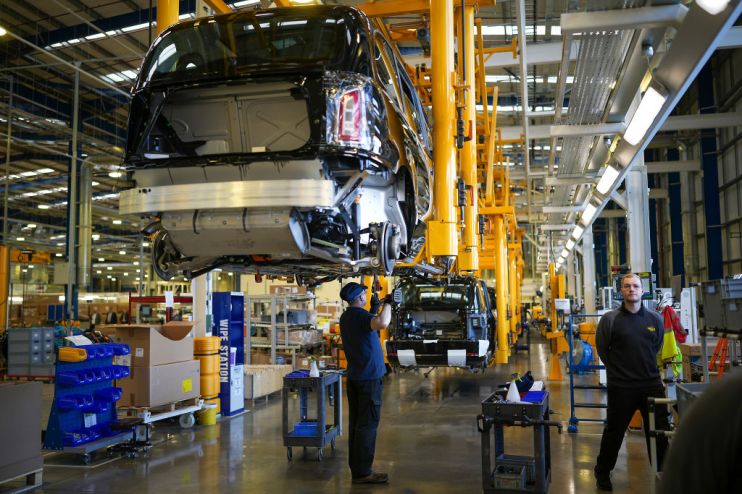Economic downturn pummels UK factories

UK factories are succumbing to a concoction of downside risks that have shifted the sector into “reverse gear,” a closely watched survey published today revealed.
Activity in the British manufacturing sector last month plunged to a 25-month low of 52.1, down from 52.8 in June and slightly below analysts’ expectations, according to S&P Global’s purchasing managers’ index (PMI).
A historic inflation surge is squeezing consumers and businesses, prompting a slowdown in demand.
Prices are up 9.4 per cent over the last year, the quickest acceleration since 1982.
New orders for factories’ products fell for the second month in a row for the first time in two years.
Manufacturers rushed to complete work that had been mothballed due to a shortage of resources, which helped keep the PMI above the 50 point threshold that separates growth and contraction.
“Outstanding business contracted at the quickest pace for 22 months,” S&P Global said, adding strong hiring helped firms complete work.
“The output balance dropped to 48.9—its first sub-50 reading since May 2020—from 50.3 in June. In addition, the new orders index dropped to 46.9, from 48.3, while the future activity index was at its joint-lowest level since May 2020,” Gabriella Dickens, senior UK economist at Pantheon Macroeconomics, said.
The Bank of England is expected to hike rates 50 basis points this Thursday, the biggest increase in nearly 30 years. The move will help tame surging living costs, but constrain businesses’ capacity to invest.
Higher borrowing costs tend to squeeze demand in an economy by making it more expensive for firms to take out loans and more attractive for consumers to save money.
“The UK manufacturing sector shifted into reverse gear at the start of the third quarter,” Rob Dobson, director at S&P Global Market Intelligence, said.
“Rising market uncertainty, the cost of living crisis, war in Ukraine, ongoing supply issues and inflationary pressures are all hitting demand for goods at the same time, while lingering post-Brexit issues and the darkening global economic backdrop are hampering exports,” he added.